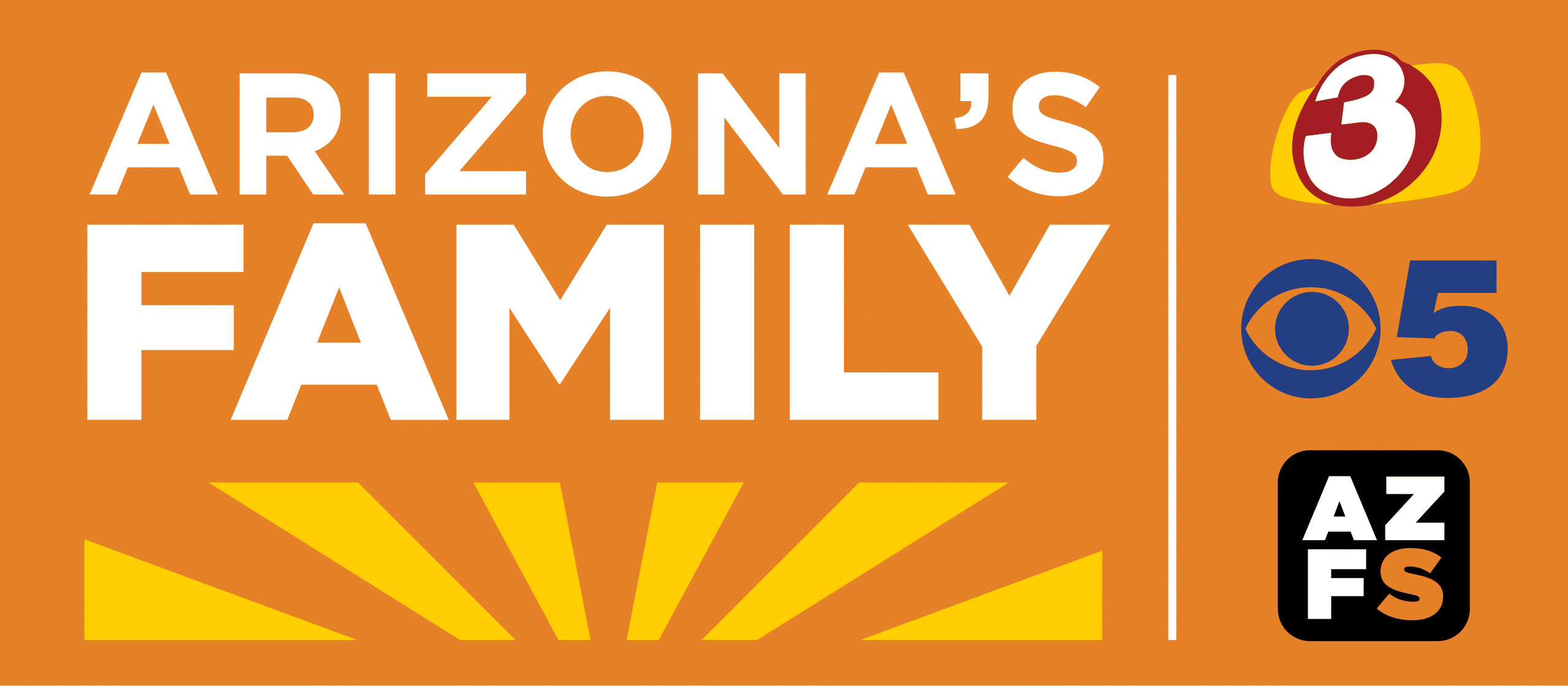Tax Planning
Protect More. Keep More. Plan Ahead.
Most people don’t realize how much tax they’ll pay in retirement — until it’s too late to adjust. RMDs, Social Security, Medicare premiums, Roth conversions, and investment withdrawals all add up. But with the right strategy, you can reduce surprises and keep more of what you’ve earned. You must plan ahead — and make sure that taxes part of your income plan, not just a terrible birthday surprise.






Everyone’s Favorite: Taxes.
If You Ask Ben Franklin, There Are Only Two Certainties: Death and Taxes
But let’s be honest — complete tax ELIMINATION isn’t exactly something we’re rushing toward…
Instead, the real opportunity lies in minimizing tax liability during retirement — so you can maximize what you actually keep, not just what you earn… And use that money to live your life, not just fund the IRS.
Unfortunately, the tax code isn’t set up to reward retirees who “wait and see.”
It’s built to favor people who plan ahead.
And if your retirement plan doesn’t already account for how taxes will affect your income — year by year, and decade by decade — you could end up giving away far more than you have to.

Required Minimum Distributions
At age 73, you’re required to start withdrawing money from your retirement accounts — even if you don’t need it. These withdrawals are fully taxable and can push your income higher than expected, affecting everything from your tax bracket to the taxation of your Social Security.
The R.M… Dilemma.
The initial RMD can be delayed until April 1 following the year one turns 73, but this often results in having to take two RMDs in one year, increasing tax liability.
Social Security Taxation
Many retirees are surprised to learn that up to 85% of their Social Security benefits can be taxed. It depends entirely on how much income you have from other sources — and the thresholds aren’t as high as people think.
Suprise… But not the Good Kind
Approximately 56% of beneficiary families will owe federal income tax on their benefits through 2050.
Roth Conversions
A popular retirement strategy — but also a common landmine. Converting too much, too fast, or at the wrong time can lead to big tax bills and ripple effects you may not see coming until it’s too late to undo.
Make sure you have a solid plan for Roth Conversions. When done correctly, they can save you on taxes in the long term by paying taxes on lower account balances now. When done incorrectly, they can cost you. There is always a balance and timing to the process to make sure you don’t pay too much.
The Trade-Off
Converting a traditional IRA to a Roth IRA means paying taxes now in exchange for tax-free income later. In the year you convert, the amount moved into the Roth is treated as taxable income. You’ll owe income tax on any pretax dollars you convert.
The Widow’s Tax Penalty
When one spouse passes away, the surviving partner moves from a joint filing status to single — instantly cutting their standard deduction in half and compressing their tax brackets. Meanwhile, the income from RMDs, pensions, annuities, or even Social Security often stays the same or drops only slightly. The result? The surviving spouse pays more in taxes on less income — at a time when emotional and financial stress is already high. And without proper planning, it can’t be undone.
What to Watch Out For
In 2024, for a married couple (both over 65), their standard deduction will be $32,300. A single filer (over the age of 65) will only have had a $16,500 deduction.
Putting All of it Together
It’s not just one decision. It’s the cumulative impact of multiple tax-sensitive decisions — made without coordination — that can slowly erode your retirement.
And by the time you notice the impact… You’re often past the point of being able to fix it.
This is why proper retirement planning includes tax planning. Reduce your surprises and maintain your desired lifestyle.
Begin the Conversation
Get a handle on your future tax liability and built a plan that protects you from surprises.
Structuring Your Retirement Income With Taxes In Mind
Building a Smart Retirement and Tax Plan
It’s dangerous to assume that tax planning ends when you stop working. In reality, retirement is when tax mistakes become most expensive — and least reversible.
And no, we’re not talking about deductions or filing tips. We’re talking about:
- How you take income
- When you take income
- And what that means for everything else in your plan.
The decisions you make now will have a direct impact on your retirement future. In retirement, it’s always better to plan ahead.
Here’s What Strategic Retirement Tax Planning Really Means
It means knowing which accounts to draw from first — and which to leave for later.
It means evaluating whether Roth conversions make sense based on your income needs, future brackets, and Medicare thresholds — not just blanket rules or rules of thumb.
It means being aware that something as simple as an RMD, a one-time investment gain, or a property sale can push you into a higher tax bracket, raise your Medicare premiums, or increase the tax on your Social Security.
It means planning withdrawals and income sources in the right sequence — so you can reduce the tax drag on your portfolio and avoid being surprised when the IRS wants more than you expected.
It means understanding how your income today affects your taxes five, ten, even twenty years from now — including what happens to your surviving spouse.
And most importantly, it means having all of this built into your retirement income strategy ahead of time — not reacting to it after it’s too late.
Your Plan Should Be Built Around You
Because your retirement isn’t generic. It’s built around your lifestyle, your assets, and your goals — not someone else’s idea of what retirement should look like.
You may want to travel more now, then slow down later. You may have significant real estate income, a business, or a pension to factor in. You might be retiring early. Or waiting longer. Or facing unknowns like healthcare costs or support for a spouse.
The accounts you’ve built — 401(k)s, IRAs, Roths, brokerage accounts — all have different rules. Different tax treatments. Different timelines. And they all need to work together to support one outcome: a steady, dependable income that lasts.
Winning the Game
Here’s the catch: The IRS doesn’t care how much you’ve saved. It cares how and when you access it.
And if your plan doesn’t already account for:
- What happens when you move from married filing jointly to single (the Widow’s Tax)
- How RMDs will impact your tax bracket at 73 and beyond
- When to shift from taxable income to tax-free income
- How to avoid unnecessary Medicare surcharges
- And how to transition from growth to income while still managing risk
Then your plan isn’t really finished yet.
Modern tax planning in retirement is about: Taking what you’ve worked hard to build — and making sure it actually supports the life you want to live. Because the rules don’t bend just because you’re retired… and the IRS won’t give you a do-over.
Begin the Conversation with a Free Retirement Review
This isn’t a sales call. It’s a focused, one-on-one conversation about where you stand and what’s possible from here.
What We’ll Cover in Your Retirement Review
Lifestyle Goals
What do you want retirement to actually look like? Travel, freedom, family, security — we start with the life you want, then build around it.
Current Assets
We’ll review what you’ve built — and help uncover smarter ways to use your 401(k), IRA, or savings more effectively for retirement income.
Income Planning
We’ll identify where your income will come from — and how to make sure it covers what you care about without relying too heavily on the market.
Risk & Tax Exposure
We’ll evaluate how your plan holds up to taxes, longevity, healthcare costs, and market shifts — so your income stays steady, even when life doesn’t.
Long-Term Strategy
We’ll help you turn what you’ve saved into income that lasts — without sacrificing the lifestyle you worked so hard to build.
The Next Steps
By the end of the meeting, you’ll have clarity on what’s working, what’s missing, and what to do next.
What You Get With Fullerton
- A retirement income plan built around your lifestyle goals — not a generic formula
- A coordinated investment and withdrawal strategy that supports income for life
- Social Security timing guidance to help you get the most from your benefits
- A reliable income floor — often supported by high-quality annuities with GLWBs, when appropriate
- Tax-smart withdrawal strategies designed to adapt to changing laws and future needs
- Personalized guidance on Medicare and long-term care planning
- A clear roadmap for RMDs, Roth conversions, and income sequencing
- Legacy and beneficiary planning that protects your spouse and supports your values
- Ongoing reviews and proactive adjustments to keep your plan aligned as life evolves
- Direct access to your advisor — no call centers, no hand-offs
- A secure client portal with full access to your plan and documents
Invitations to Fullerton’s exclusive client events and appreciation gatherings - A local, retirement-minded community with shared goals and values
- Financial confidence for your spouse and family — with clarity, not complexity
- Experienced, time-tested guidance from a leading independent Arizona-based planning firm focused on your future
Income
Planning
A strategy to turn your savings into reliable, steady income — so your lifestyle stays on track in retirement.
Tax
Planning
Smart planning to reduce future taxes and keep more of your money working for you.
Health Care
Planning
Protection against rising healthcare costs, including long-term care, built into your plan.
Risk
Management
A clear approach to guarding your wealth from market swings, inflation, and the unexpected.
Estate
Planning
A plan for your assets and property that preserves your legacy and supports your loved ones according to your wishes.
Planning With Fullerton
Relationship Building
You’re not just another account. At Fullerton, every relationship begins with real conversation — taking time to understand your values, priorities, and goals. That connection becomes the foundation for a plan that’s built around you, not a formula.
Personalized Experience
No two retirements are the same. Your strategy will reflect your unique goals, lifestyle, and financial position. Everything is tailor-made: your income structured, your tax plan, and the preservation of legacy. The difference in the details — because it is built around you.
Holistic Approach
A good plan looks beyond the numbers. Your lifestyle, your family, your values — it’s all connected. That’s why our planning process considers every part of your life, not just your portfolio — leaving no stone unturned.
See What Fullerton Can Do For You
Going from "I hope this works" to "I know I'm covered".
Experience You Can Trust
Retirement is too important to trust to a generalist. That’s why for over 20 years, Fullerton Financial Planning has focused exclusively on helping people transition from work to retirement — and thrive throughout it. We’re not trying to be everything to everyone. We’re built to help you do one thing incredibly well: Turn your life savings into reliable income and lasting financial confidence.
Why Families Across Arizona Trust Fullerton
- Over 20 years helping Arizona retirees create income that lasts
- Trusted by thousands of Arizona households
- Independent, fiduciary-based advice — no quotas, no product push
- Certified Financial Planner™ (CFP®) professionals on staff
- Regularly featured on ABC15, MoneyRadio, and financial education outlets
- Local, in-person service — no national call centers or rotating advisor teams
- Planning approach integrates investments, income, tax, Medicare, and legacy goals
- Collaborative relationships with CPAs, estate attorneys, and insurance professionals
- Focused on education-first guidance, not sales pitches or one-size-fits-all plans
- Supported by a dedicated client service team with a reputation for proactive care
“I was nervous about retiring — but they helped me see the whole picture and gave me confidence to move forward.”
— Mary J., Scottsdale
“They made a complicated plan feel simple. I wish we’d come here five years earlier.”
— Brian & Sandra T., Mesa
“They treated me like a person, not a portfolio. I never felt pressured — just supported.”
— Teresa D., Chandler
“Our old advisor never talked about income or taxes — this team gave us a plan we could actually live on.”
— Kevin M., Sun City
The Fullerton Family
Standing Strong For Clients.
Stepping Up For the Community.
Leverage Our Experience
Retirement is our focus. See what over 20 years helping retiring clients can do for your future.
Still Wondering If This Is Right for You?
Here are some of the questions we hear most often — with straight answers to help you move forward confidently.
Q: How do I make sure I have enough to retire?
Q: How do I make sure I don’t run out of money later in retirement?
Q: What’s the best way to retire and not have to give up my lifestyle or be afraid of my budget?
Q: Why do I need more guaranteed income than just Social Security?
Q: How do I protect myself from future market downturns or crashes?
Q: When is the right time to retire?
The right time to retire is when you have a plan that works no matter what the economy is doing — one that protects your income, reduces your tax exposure, and supports your lifestyle with confidence.
We help you build that plan — so retirement becomes a decision based on your goals, not guesswork.
Q: How do I avoid being forced to go back to work or worse?
Q: How can annuities fit into my income plan?
Q: My current financial advisor still has me in risky investments. It feels wrong to me now that I’m older — but am I just worrying too much?
Q: I plan to retire in the next 10 years. Is it too early to begin planning?
Q: I want to retire sooner than 10 years… Am I too late to plan?
Q: How do I make sure my spouse is taken care of if I pass first?
Q: What changes to my investment strategy should I expect when transitioning to retirement?
Q: What does the Retirement Review cost?
Begin the Conversation
We’re here to listen, understand, and help you take control of your financial future.















